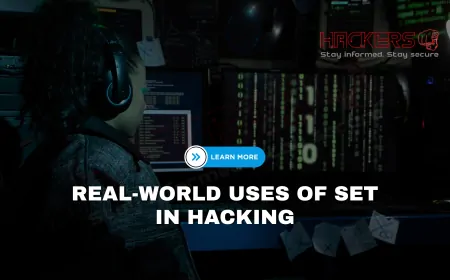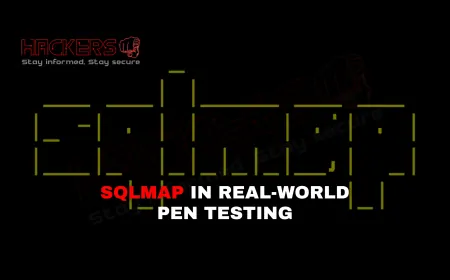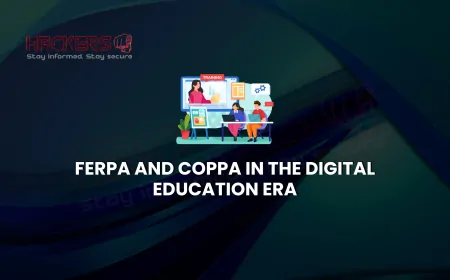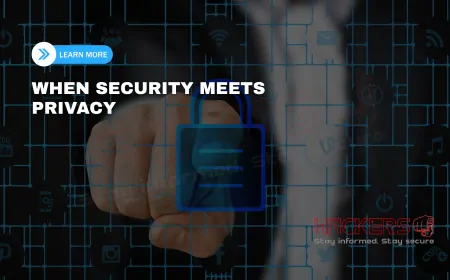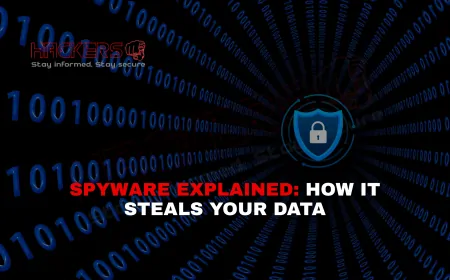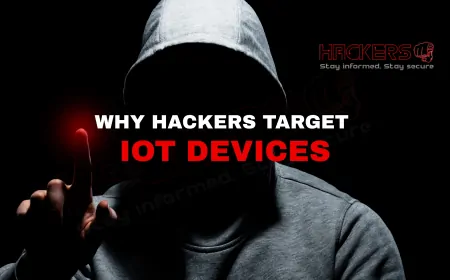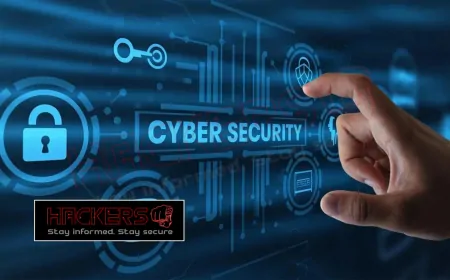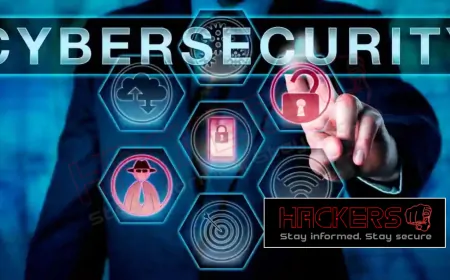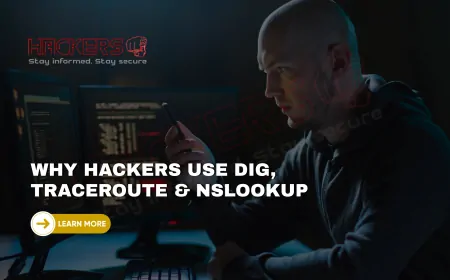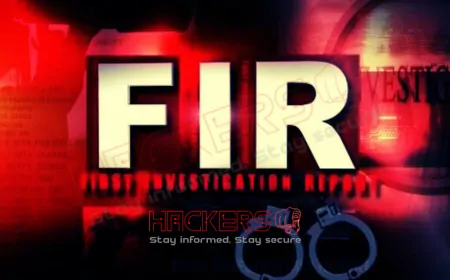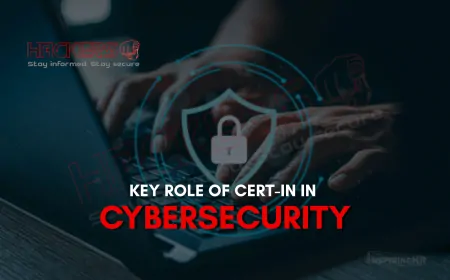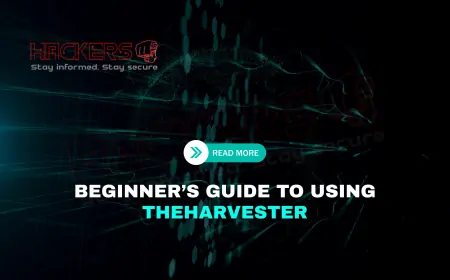Common Myths About the CC Course and the Truth Behind Them
Ever thought about jumping into cybersecurity but got spooked by rumors that it’s too tough, too expensive, or only for tech wizards? You’re not alone. The Certified in Cybersecurity (CC) course from ISC2 is a fantastic starting point for beginners, yet it’s surrounded by myths that can scare off even the most curious newcomers. With cyberattacks making headlines daily and a global shortage of nearly 3.5 million cybersecurity pros, now’s the perfect time to debunk these misconceptions and see why the CC is your ticket to a thriving career. I’ve been where you are—sifting through online chatter, wondering if this course is worth it or if it’s just another overhyped credential. In this blog, we’ll tackle the top myths about the CC course, reveal the truth with clear, beginner-friendly explanations, and show you why 2025 is the year to dive in. From cost to difficulty, we’ll set the record straight so you can approach the CC with confidence. Let’s bust those myths and get you on the path to cybersecurity success!
Table of Contents
- Myth 1: You Need Prior IT Experience to Take the CC Course
- Myth 2: The CC Course Is Too Expensive for Beginners
- Myth 3: The CC Exam Is Too Difficult for Newbies
- Myth 4: The CC Certification Isn’t Valuable in the Job Market
- Myth 5: The CC Course Requires Advanced Technical Skills
- Myth 6: You Can’t Study for the CC on Your Own
- Myth 7: The CC Is Only for Tech Companies
- Why Choose Webasha for the Course
- Related Blogs on Webasha
- Conclusion
Myth 1: You Need Prior IT Experience to Take the CC Course
Myth: “I can’t take the CC course unless I’ve worked in IT or have a tech degree.”
Truth: The CC course is explicitly designed for absolute beginners with no prior IT experience. ISC2, the organization behind the CC, created it as part of their “One Million Certified in Cybersecurity” initiative to bring new talent into the field, regardless of background.
This makes it perfect for career switchers, students, or anyone curious about cybersecurity. Whether you’re a teacher, barista, or recent grad, all you need is basic computer literacy—like using email or browsing the web. The course covers foundational concepts, such as keeping data confidential or spotting phishing emails, in simple terms.
I’ve heard stories on forums like Reddit’s r/isc2 where people from non-tech fields, like marketing, passed the exam in weeks and landed junior roles.
Myth 2: The CC Course Is Too Expensive for Beginners
Myth: “The CC course and exam cost a fortune, out of reach for most beginners.”
Truth: As of September 2025, the CC exam is free through ISC2’s promotional initiative, aimed at certifying one million people.
Training is also budget-friendly. ISC2 offers a free self-paced course with videos, quizzes, and labs—about 20 hours total.
For beginners on a budget, this affordability is a game-changer. You’re investing time, not a fortune, to enter a field with starting salaries around $60,000-$80,000.
Myth 3: The CC Exam Is Too Difficult for Newbies
Myth: “The CC exam is so tough that only tech pros can pass it.”
Truth: The CC exam is designed for beginners, with a pass rate that reflects its accessibility. It’s 100 multiple-choice questions (100-125 with the adaptive format starting October 1, 2025), taken over 2 hours, with a passing score of 700 out of 1000.
The exam tests five domains (like security principles and network security) in straightforward ways, often using scenarios like “What’s the best way to handle a phishing email?” No coding or deep tech knowledge is needed, just an understanding of concepts explained in plain English.
Success stories abound: A college student I know studied part-time for a month using free ISC2 materials and passed. The key is consistency—use practice tests to build confidence.
Myth 4: The CC Certification Isn’t Valuable in the Job Market
Myth: “The CC is too basic to impress employers or land jobs.”
Truth: The CC is a respected entry-level credential, backed by ISC2, a global leader in cybersecurity. With a job market facing a 3.5 million worker shortage, employers value certifications that prove foundational skills.
In 2025, cybersecurity jobs are projected to grow 29% through 2034, with over 457,000 U.S. openings.
It’s also a stepping stone to advanced certs like SSCP or CISSP, boosting long-term value.
Myth 5: The CC Course Requires Advanced Technical Skills
Myth: “You need to know coding or advanced tech to handle the CC course.”
Truth: The CC course is theory-based, focusing on concepts, not technical wizardry. You don’t need to code, configure servers, or understand complex systems. Instead, it covers basics like:
- Confidentiality: Keeping data private, like locking a diary.
- Firewalls: Digital barriers to block threats.
- Phishing: Spotting fake emails that trick users.
The five domains—security principles, incident response, access controls, network security, and operations—are explained in beginner-friendly terms.
Study materials, like ISC2’s free course, use videos and scenarios to simplify learning.
Myth 6: You Can’t Study for the CC on Your Own
Myth: “You need an expensive training program to pass the CC exam.”
Truth: Self-study is not only possible but common. ISC2’s free self-paced course covers all domains with 20 hours of content, including videos, quizzes, and labs.
Community support is huge—Reddit’s r/isc2 and ISC2 study groups offer tips and motivation.
Self-study works if you’re disciplined. Create a schedule, use free tools, and join forums. It’s empowering to learn on your terms.
Myth 7: The CC Is Only for Tech Companies
Myth: “The CC only helps you get jobs at big tech firms like Google.”
Truth: Cybersecurity is needed everywhere in 2025—healthcare, finance, government, retail, and more. The CC’s vendor-neutral nature means its skills apply across industries.
CyberSeek shows 15% of cybersecurity jobs are in tech, but others span diverse sectors.
A colleague’s friend used CC to join a retail chain’s security team, proving its wide reach. Wherever data exists, CC skills shine.
Why Choose Webasha for the Course
While self-study is great, Webasha Technologies offers a structured CC course that makes prep easier. Their expert instructors break down myths and teach domains with real-world examples. Benefits include:
- Flexible Learning: Online classes with recordings fit any schedule.
- Hands-On Labs: Practice scenarios like phishing response.
- Supportive Community: Get help from mentors and peers.
- Job Assistance: Resume guidance and job placement support.
With a 90%+ pass rate, Webasha’s course is a confidence booster. Enroll at Webasha’s CC Course to start strong.
Related Blogs on Webasha
- Cybersecurity Basics for Beginners – Perfect for CC prep.
- Top Cybersecurity Certifications in 2025 – CC’s role in the field.
- Phishing Attacks Explained Simply – Covers operations domain.
- Building a Career in Cybersecurity – Next steps after CC.
Conclusion
The CC course is a beginner-friendly gateway to cybersecurity, debunking myths about experience, cost, difficulty, value, and more. It’s affordable, accessible, and valuable across industries, with self-study options and training like Webasha’s to guide you. In 2025, with cybersecurity demand soaring, don’t let misconceptions hold you back. Grab free resources, start studying, and join the fight against cybercrime. Your career awaits!
Do I need IT experience for CC?
No, it’s designed for beginners with no prerequisites.
Is the CC exam free in 2025?
Yes, through ISC2’s limited-time promotion.
How hard is the CC exam?
It’s beginner-friendly, passable with 20-40 hours of study.
Is CC valuable for jobs?
Yes, it’s recognized and opens entry-level roles.
Do I need coding for CC?
No, it’s theory-based, no advanced tech skills needed.
Can I self-study for CC?
Absolutely, with free ISC2 resources and forums.
Is CC only for tech firms?
No, it applies to healthcare, finance, and more.
What’s the CC exam format?
100 questions, 2 hours; adaptive format starts October 2025.
What’s the passing score?
700 out of 1000.
Are there free CC resources?
Yes, ISC2’s self-paced course and more.
Can career changers take CC?
Yes, it’s ideal for non-tech backgrounds.
Does CC lead to advanced certs?
Yes, like SSCP or CISSP.
What’s the annual CC fee?
$50 for maintenance.
Can I take CC online?
Yes, via Pearson VUE.
How long to study for CC?
4-8 weeks part-time.
Is CC globally recognized?
Yes, by ISC2’s standards.
What industries hire CC holders?
Tech, healthcare, finance, government, retail.
Why is CC affordable?
Free exam and training via ISC2’s initiative.
Does CC teach technical skills?
It focuses on concepts, not hands-on tech.
Where to find CC study groups?
Reddit r/isc2, ISC2 forums.
What's Your Reaction?









